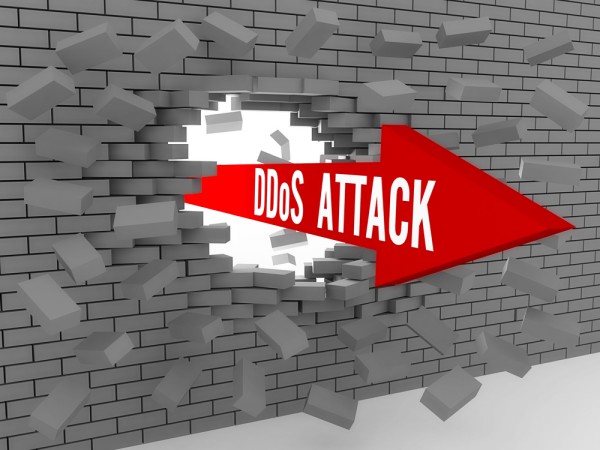Number of DDoS attacks down but speed and size increases

The number of DDoS attacks fell more than 40 percent to 97,700 attacks in the second quarter of 2016 according to the latest threat report from DDoS security service Nexusguard.
The report reveals there was a sharp dip in distributed reflection denial of service (DrDoS) attacks, with DNS-based attacks falling 97 percent compared to the previous quarter. However, recent DDoS attacks on cybercrime journalist Brian Krebs and OVH, a French internet hosting provider, broke records for speed and size.
Nexusguard researchers put the drop in reflection attacks and the success of these massive attacks to hackers favoring Mirai-style botnets of hijacked connected devices, demonstrating the power the Internet of Things has to threaten major organizations. With increasing pressure on hosting and internet service providers to fend off fierce attacks against customers, Nexusguard analysts advise organizations to ensure they use signature-based detection to quickly identify and thwart botnets.
"Few service providers can sustain the level of malicious traffic we saw in Q3 from IoT botnets, so these DDoS outages are causing companies to completely rethink their cybersecurity strategies," says Terrence Gareau, chief scientist for Nexusguard. "Hackers' preferences for botnets over reflection attacks are typical of cyclical behavior, where attackers will switch to methods that have fallen out of popularity to test security teams with unexpected vectors".
The attack on OVH put France in the top three countries targeted by DDoS attacks. While DDoS attacks fell in average frequency during Q3, Nexusguard researchers predict the attention from recent botnet attacks will cause companies to strengthen their cybersecurity and rethink their service provider contracts to deliver support and ensure business continuity despite supersized attacks.
You can find out more about the findings in the full report available from the Nexusguard website.
Image Credit: sibgat / Shutterstock
